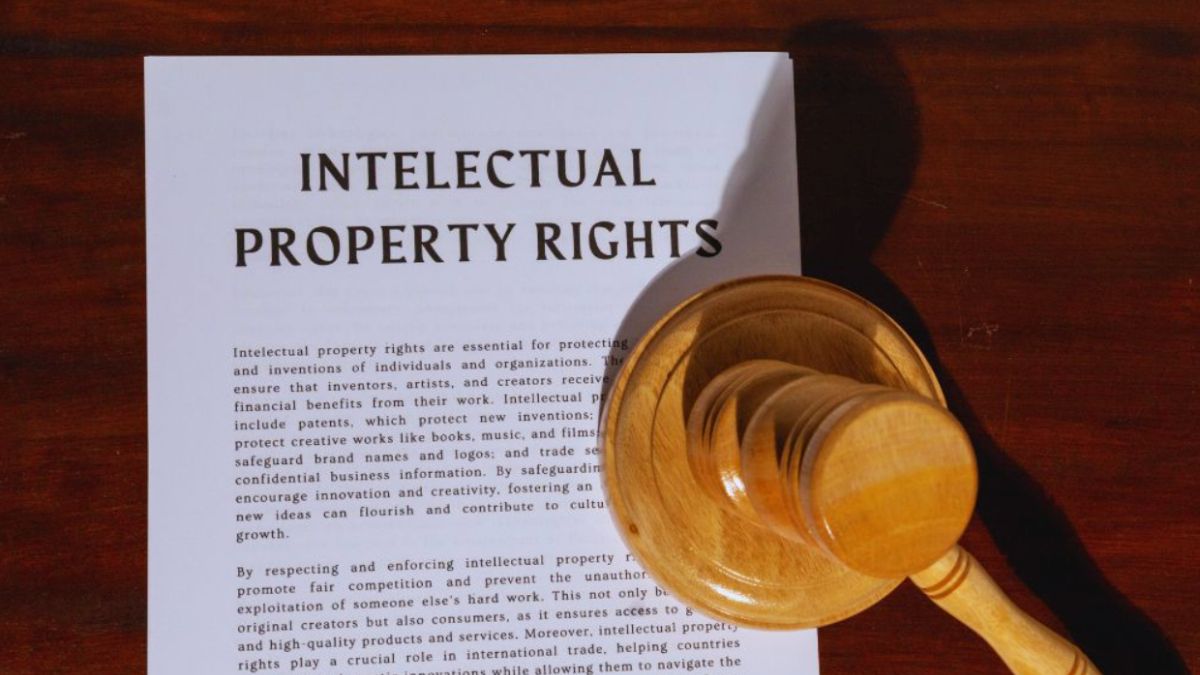Table of Contents
ToggleProperty Dispute
Property disputes can be stressful and overwhelming. Whether it’s a disagreement over boundaries, title ownership, or co-ownership issues, these conflicts often lead to financial strain and emotional distress. Many property owners find themselves caught in lengthy legal battles, unsure of how to protect their rights or navigate the complexities of real estate law. The fear of losing your property or facing unexpected costs can create anxiety and uncertainty.

At the Fraser Law Firm, LLC, we recognize the concerns property owners face during disputes. Our team works closely with clients to protect their rights and find practical solutions. With a strong background in estate planning and property law, we offer guidance tailored to your specific needs. We’re here to help you move through property challenges with clarity and confidence.
Call Fraser Law Firm, LLC at (843) 681-9111 Today!
What Is a Property Dispute?
A property dispute happens when two or more parties disagree over the ownership, use, or boundaries of a property. These conflicts can involve neighbors, family members, co-owners, or even government agencies. Common causes include unclear documentation, encroachments, inheritance disagreements, and zoning violations. Understanding the nature of these disputes is essential for protecting your rights as a property owner.
Common Types of Property Disputes
Boundary Disputes
Boundary disputes arise when property owners disagree about where one property ends and another begins. These conflicts often result from unclear surveys or vague descriptions in legal documents. For instance, a neighbor building a fence that crosses onto your land can trigger serious tension. Resolving such issues typically involves a land survey and a review of property records to confirm boundary lines.
Title Disputes
Title disputes occur when there is a conflict over the legal ownership of a property. These disputes may occur due to errors in public records, fraudulent transactions, or claims from heirs. If someone asserts ownership based on an old deed or inheritance claim, it can lead to a complex legal battle. Title insurance can help protect your rights by covering legal fees associated with defending your ownership, as well as addressing title defects, liens, and ownership disputes.
Co-Ownership Conflicts
When multiple parties own a property together, disagreements about its use or management can lead to disputes. For example, one owner may want to sell, while another prefers to keep the property. These conflicts can escalate fast if not addressed early on. Clear communication and legal agreements among co-owners can help prevent misunderstandings.
Zoning and Land Use Issues
These disputes typically occur when property owners attempt to use their land in ways that conflict with local zoning regulations. Examples include restrictions on building height or prohibited commercial activities. If you want to build a structure that does not comply with zoning laws, you may face opposition from local authorities or neighbors.
Failure to Disclose Property Defects
Property disputes often arise when sellers do not disclose known defects or issues with a property. Sellers are required by law to inform buyers of any significant defects that may impact the property’s value or safety. Not disclosing these issues can lead to legal action, as buyers may feel misled. To prevent conflicts, sellers should openly share any known property concerns.
Protecting Your Rights as a Property Owner

Proper Documentation of Ownership
Registering your property with the appropriate government office (such as the land registry or county recorder) and keeping related documents—such as deeds, contracts, and wills—organized and easy to access helps protect your ownership. Clear documentation plays a key role in resolving disputes quickly and confidently.
Regular Monitoring of Property
Regularly inspecting your property helps prevent encroachments or unauthorized use by others. If you notice any changes or potential issues—like a neighbor building a fence too close—report them promptly to local authorities. Early intervention can often prevent disputes from escalating.
Legal Advice and Representation
Consulting an attorney is crucial when facing potential property disputes. A real estate lawyer helps clarify local property laws and offers advice suited to your situation. Professional assistance in preparing legal documents can also prevent mistakes that might cause future disputes.
Steps to Resolve a Property Dispute
Resolving a property dispute takes patience and a clear strategy. Here are practical steps you can follow:
Attempt Negotiation
Begin by discussing the issue directly with the other party involved. Clear communication often prevents escalation and leads to an amicable resolution.
Seek Mediation
If negotiation fails, consider mediation as an option. Mediation involves bringing in a neutral third party to help both sides reach an agreement without going through the court system.
File a Lawsuit if Necessary
If negotiation and mediation do not resolve the issue, you may need to take legal action by filing a lawsuit. Provide all relevant evidence to support your claim in court.
Enforce Court Rulings
After the court issues a decision, take action to carry it out properly—whether it involves paying damages or removing unauthorized occupants.
Preventing Future Property Disputes
Clear Contracts and Agreements
When buying or selling property, draft clear contracts that outline all terms and specify responsibilities in detail.
Regular Updates to Estate Plans
Updating wills and trusts keeps your estate plan aligned with changes in family dynamics or assets, helping to avoid misunderstandings among heirs.
Title Insurance
Purchasing title insurance adds an extra layer of protection when buying a new property. It helps defend your ownership rights by covering legal costs if someone claims the title.
Frequently Asked Questions
What Is the Most Common Cause of Property Disputes?
The most common cause of property disputes is unclear documentation or vague descriptions of boundaries in deeds that lead to misunderstandings between neighbors or co-owners.
Can Property Disputes Be Settled Out of Court?
Yes, many property disputes can be settled out of court through negotiation or mediation without going through the court system, which saves time and money for both parties involved.
How Can I Prove Ownership in a Property Dispute?
You can prove ownership by presenting official documents such as title deeds, purchase contracts, or registration certificates that clearly establish your rights to the property.
Do I Need a Lawyer for a Property Dispute?
Yes, hiring a lawyer can help protect your rights during negotiations or court proceedings, increasing the likelihood of achieving a favorable resolution.
Take Charge of Your Property Rights

Property disputes can be overwhelming, but taking proactive steps helps protect your rights as a property owner. At The Fraser Law Firm, LLC, we support you throughout every stage of the process—from documentation to dispute resolution—so your assets remain secure. Whether you’re facing boundary issues or inheritance disagreements, our team offers practical solutions tailored to your needs.
Call Fraser Law Firm, LLC at (843) 681-9111 Today!
The Fraser Law Firm, LLC-Estate Planning and Probate Attorney
Disclaimer: This article provides general information and does not serve as legal advice. For legal concerns, consult a licensed attorney. Viewing or interacting with this content does not create an attorney-client relationship. This includes submitting a form, leaving a comment, sending a message, making a call, or leaving a voicemail. Laws may vary by jurisdiction. Laws are subject to change; always verify current legal requirements with a qualified professional.
© All Rights Reserved.

Denny Fraser has made Hilton Head Island and the Lowcountry of South Carolina home for his family since 1973. After many successful years working in the construction industry, Denny enrolled in the University of South Carolina School of Law in 1997, and earned the degree of Juris Doctor In 2000.




